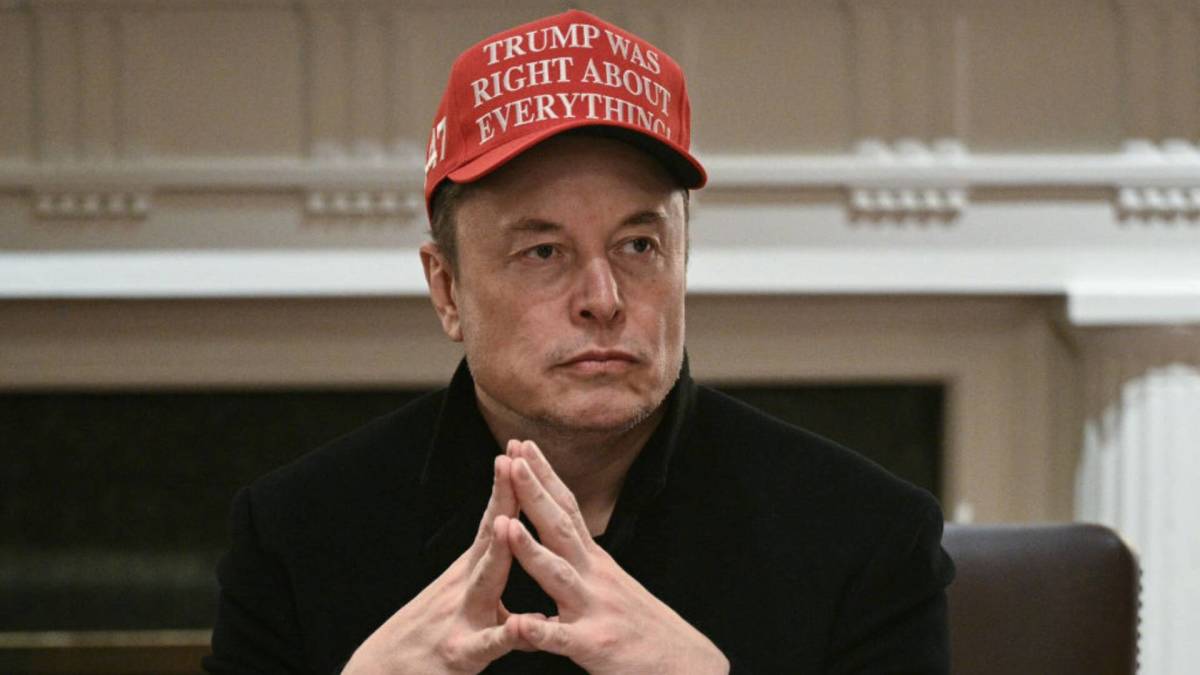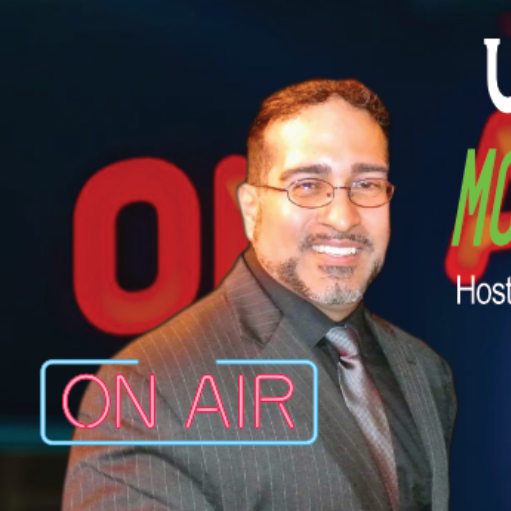Well, at least he passed the drug test.
Tesla (TSLA) CEO Elon Musk took to X, the social media site he owns, to post the results of a recent drug test, which show he tested negative for ketamine, ecstasy, cocaine, amphetamines and other drugs a few days earlier.
💵💰Don’t miss the move: Subscribe to TheStreet’s free daily newsletter 💰
The action was in response to a New York Times article published 12 days prior that alleged the SpaceX owner and President Donald Trump megadonor had been a near-daily user of ketamine while campaigning for Trump last year.
Until recently Musk had headed up the controversial Department of Government Efficiency, before his very public breakup with Trump, which included accusations involving convicted child offender Jeffrey Epstein that the world’s richest man later deleted.
Picking up on another poster’s suggestion, Musk declared “I hereby challenge the NYT and WSJ to take drug tests and publish the results!”
“They won’t, because those hypocrites are guilty as sin,” he added.
In a statement to People, a Times spokesperson said nothing Musk “said or presented since our article about his drug use during the presidential campaign was published contradicts what we uncovered.”
Then there were those who made some observations about Musk’s drug tests, including Grok, the chatbot developed by Musk’s artificial intelligence company, xAI.
 Tesla CEO Elon Musk has had a stormy relationship with President Donald Trump.
Tesla CEO Elon Musk has had a stormy relationship with President Donald Trump.
Image source: Smialowski/AFP via Getty Images
Concerns about Tesla’s Robotaxi as launch nears
“The drug test Musk shared likely accurately reflects no drug use within the days prior to June 11, 2025, given the detection limits of urine tests,” Grok said in response to a question.
“However, it does not disprove allegations of drug use in 2024, as the test’s timing and method limit its scope.”
Without independent verification of the document’s authenticity or additional testing (e.g., hair follicle), the chatbot said, “the results are inconclusive regarding the broader claims.”
More Tesla:
- Tesla robotaxi launch hits major speed bump
- Tesla claims rival startup is built on stolen trade secrets
- 10,000 people join Tesla class action lawsuit over key issue
“The public nature of the post and Musk’s casual caption suggest it was more a rebuttal to critics than a definitive proof of long-term sobriety,” Grok concluded.
Tesla is scheduled to debut its Robotaxi autonomous EV ride-hailing service on June 22, but there are some concerns.about safety.
Consumers are skeptical of the Full-Self-Driving technology that undergirds the Robotaxi proposition, according to the May 2025 edition of the Electric Vehicle Intelligence Report.
The report said that 60% of respondents considered Tesla’s FSD “unsafe,” 77% are unwilling to use Full-Self-Driving technology, and 48% believe FSD should be illegal.
“Tesla’s Robotaxi program is facing significant challenges as it approaches its tentative launch date,” Grok said.
The chatbot said that a live demonstration in Austin by the Dawn Project highlighted serious flaws in Tesla’s FSD software, showing a Tesla Model Y failing to stop for a child mannequin behind a school bus.
“Critics argue that Tesla’s camera-based FSD system struggles in adverse conditions like fog or sun glare, and recent incidents, such as a Cybertruck driving in the wrong lane and a Model 3 getting stuck on railroad tracks, have intensified scrutiny,” Grok said.
The National Highway Traffic Safety Administration is investigating Tesla’s FSD software following four crashes, including a fatal pedestrian incident, the chatbot said.
Grok: Tesla story isn’t finished
“Tesla’s stock has been volatile, dropping 4% on June 17, 2025, after news of a production halt at its Austin Gigafactory and amid Musk’s public feud with President Donald Trump,” Grok said.
“Some analysts worry that Trump could push for stricter federal oversight of Tesla’s Robotaxi program, especially given Musk’s political activities.”
Related: Tesla robotaxi launch hits major speed bump
However, the chatbot said Tesla’s ability to produce one million FSD-capable Model Ys — its midsize SUV — annually could enable rapid scaling compared with competitors like Alphabet’s (GOOGL) Waymo, which plans to manufacture only 2,000 vehicles over the next year.
“Musk has stated that the Robotaxis will operate in geofenced safe zones with remote supervision, potentially mitigating some risks,” Grok said. “Tesla’s vertical integration, controlling hardware, software, and charging infrastructure, is also seen as a competitive edge.”
The electric vehicle maker’s shares are up 75% from 2024 and down 20% this year.
“Tesla’s golden age — marked by explosive growth, market dominance, and unchallenged EV leadership — appears to be waning, but the company still has paths to remain a major player,” Grok said.
Tesla faces competition from Chinese EV maker (BYDDY) , General Motors (GM) and Ford (F) , the AI assistant said.
And “Musk’s political involvement, including his Trump administration role, has sparked consumer backlash, with boycotts in key markets like Norway and Germany.”
Tesla’s era of unchallenged supremacy is likely over, due to intensified competition, declining sales, and self-inflicted brand damage, the chatbot said.
“However, its financial strength, energy business, and potential in AI/autonomy mean it could forge a new chapter of success if it navigates current headwinds effectively,” Grok said. “The golden age may be past, but Tesla’s story isn’t finished.”
Related: Fund-management veteran skips emotion in investment strategy
